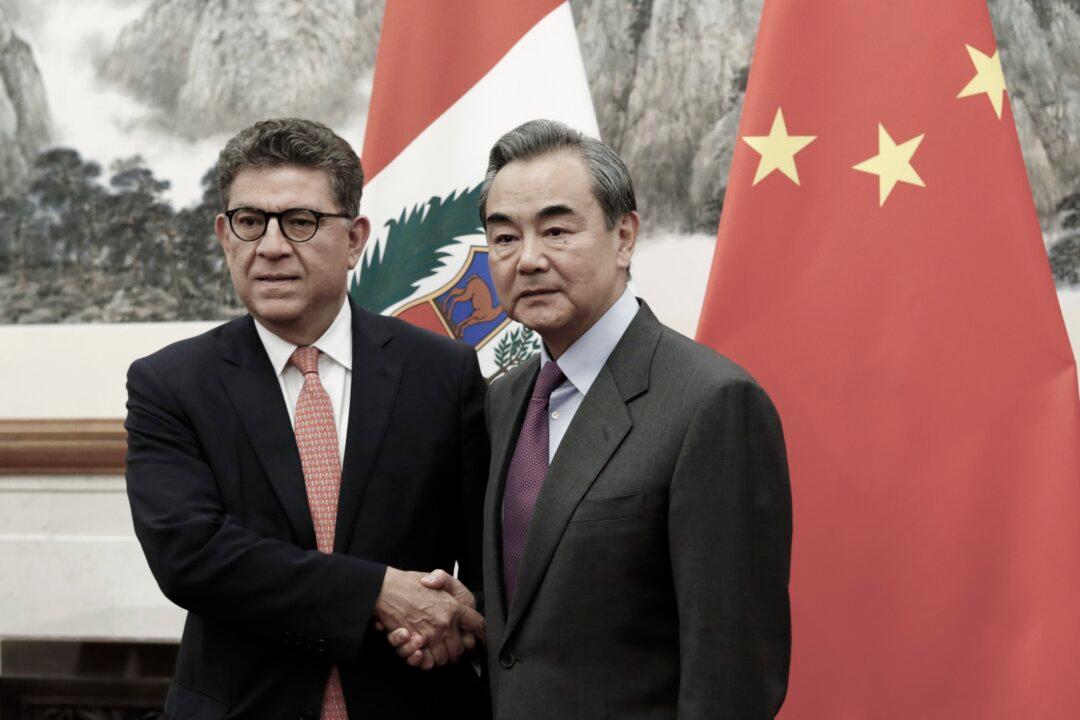The United States has been so focused on global security concerns that it has overlooked investing in its own backyard’s economic and military needs for decades.
But China hasn’t. With its Belt and Road Initiative (BRI, also known as “One Belt, One Road”), China has become South America’s largest source of infrastructure investment and second-largest trading partner, increasing trade from $18 billion in 2002 to $450 billion in 2022.





